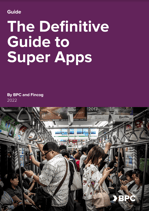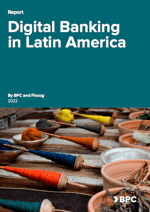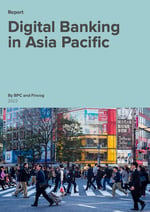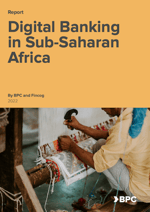Mobility is a key component for economic growth and it is a crucial part of many people’s day to day lives. Transportation in urban areas is no longer limited to trains, busses, metro and taxis.
Today, a wealth of mobility services is available – ranging from bike or scooter sharing services to on demand shuttle services and autonomous vehicles. Commuters have more choice than ever but this also means getting to your destination potentially becomes more complex – especially when it comes to paying for fares – while these passengers really just want to get to their destination with the most convenient transport option available to them.
Making the city smarter, demands more efficient ways to collect fares and enable simple and convenient payment options to make the service attractive to passengers. Current ticketing systems, whether those are cash based or digitized using cards, do not cater for these requirements, making it challenging for service operators to roll out frictionless solutions to their end clients. Moreover, when building Smart Cities, it is no longer acceptable to define different ticketing systems for different transportation options - a Smart City means integrated services and a mobility ecosystem that supports single, convenient access to the entire journey.
Queuing at a ticket office and paying for those tickets in cash or with a card do not contribute to efficiency. As a passenger you simply want to check in when you start your journey and check out when you arrive at your destination. In addition to the efficiency gain, simplicity and transparency on the fees charged for the journey are crucial requirements for user adoption.
Transportation is an example of a very complex real life ecosystem, which not only involves the various transportation operators and their passengers, but also ticket agents, payments systems, telco operators and often also the government. Service operators are also looking for greater levels of transparency to reduce the levels of abuse, theft and corruption as the payment for transport fares will occur through the collection facility rather than in cash. Consumers are equally looking for better pricing options and a mobile based end-to-end solution that is more in line with the way they interact with other services in their day to day lives. Bringing all of these stakeholders onto a digital mobility ecosystem, provides some clear advantages to all stakeholders. Using account based fare collection eliminates some of the constraints that typically come with the use of card based ticketing systems and increases efficiency, transparency and convenience. Layering a digital Related content ecosystem on top of an existing real life one brings value to all stakeholders – beyond what digitalization of the individual components could achieve.
By building accounts and using mobile access channels while storing all information centrally rather than locally on a card, a smart ticketing solution should be seen as a stepping stone towards a true smart city solution, allowing citizens to use this same account for any means of transportation but equally supporting a variety of other types of services such as parking or even access to parks and museums. This digital platform can furthermore be used by governments to distribute subsidies and social benefits in a transparent way, assigning them to individuals and also define for which purpose these can be used. Combined with a city marketing platform to promote local events or retailers, the possibilities become endless for cities to transform the way they interact with their citizens and guests.




